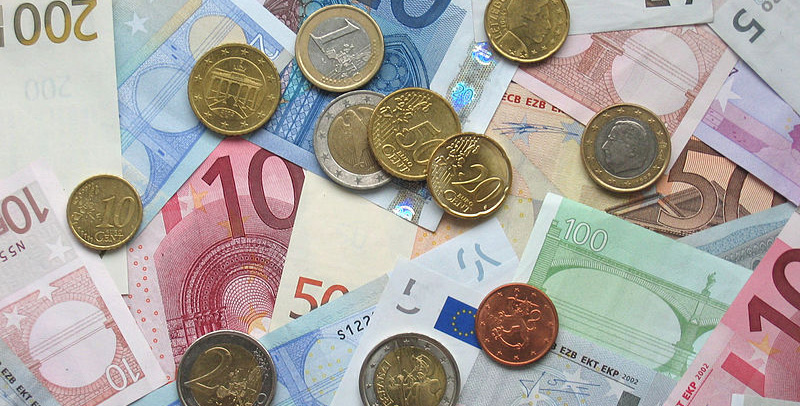
We asked our professors their opinion on whether a 2-speed euro would help the eurozone to solve the crisis. For varied reasons they all agree that this is not the solution. Why?
“There cannot be a two-speed euro, because this would be contrary to the essence of the euro: a single currency, a single central bank, a single monetary policy and a single financial market. However there can — and should — be a set of institutions and policies developed around the single currency, which take into account the differences between countries, with a transitory nature and a constant focus on the ideal of the single currency.”

“No. It would be very hard to decide where to make the split. In Europe there was always one EUR: the DM (Deutschemark).
The Netherlands, the Scandinavian countries, Austria, and perhaps Poland, the Slovak Republic, and some of the other Eastern European countries could never keep up a monetary policy that ignored the DM.
“The problem is France, Italy, Spain and the smaller surrounding countries. Which country goes where? How would you make the EUR2 currency credible?”
“It is not. What we really need in the eurozone is an empowered government that acts as such, looking after the economic interests and well-being of the euro area, rather than many politicians looking out for their country or their own interests.
The same applies to the ECB.
If we had these two empowered authorities, as the US does, we would have left the crisis long ago, as the Americans did.”

“We had a several-speed European Union before the euro. A monetary union by itself will not ensure uniform speeds (even different regions of a given country show different speeds). The provisions of the Maastricht Treaty (the convergence criteria) were a farce and did not succeed in ensuring the minimum convergence needed.
On the other hand, no one — especially the weaker European economies — wanted to be left out of the euro. The conclusion is unavoidable: the timing of the euro was pure foolishness, pace Mitterrand. Since then we have had several speeds, one currency and no fiscal transfers. Disaster could have been avoided if national central banks had kept a strict control of reckless borrowers and incompetent lenders: No country would have amassed those large amounts of debt. Such supervision was absent everywhere. The result is there for everyone to see.
One imagines that a two-speed euro is a polite name for a eurozone without Greece. That is economically possible, and may even be good for Greece and the others. But how could one erase the feeling of failure in Greece and the bad feeling that will result from it?”
“That cannot be the solution — impossible! Because that would effectively mean the end of the monetary union. The eurozone means one currency, one financial system, a unified market… Two speeds would directly betray the spirit of a single currency.”




 Pedro Videla
Pedro Videla